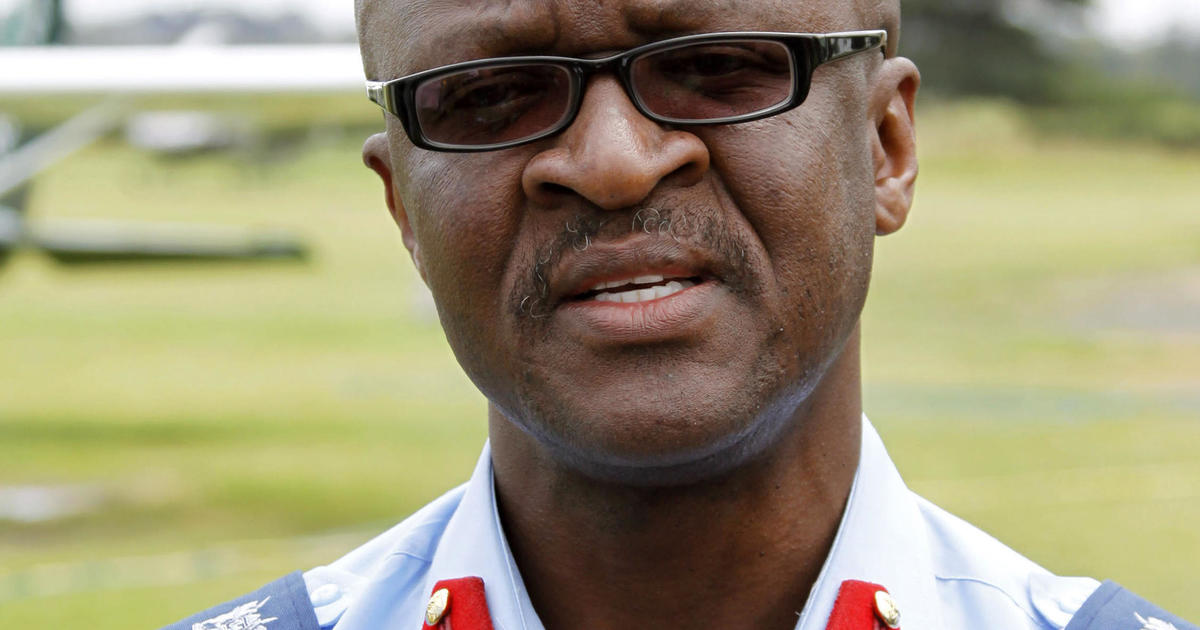UN chief taps former Chilean president as next human rights commissioner
UNITED NATIONS — U.N. Secretary-General Antonio Guterres has tapped Michelle Bachelet of Chile to be the United Nations' new high commissioner for human rights, one of the UN's most visible and controversial posts. If confirmed, she will replace Zeid Ra'ad Al-Hussein of Jordan, who chose not to pursue another four-year term.
Guterres made the announcement Wednesday afternoon. If Bachelet's nomination is approved by the 193-nation General Assembly, Bachelet will take the reins of the Geneva-based Human Rights Council next month.
Bachelet served as president of Chile for two nonconsecutive terms, first from 2006 to 2010 and again from 2014 until earlier this year. She made history as the first female president elected in her own right in Latin America. She was executive director of U.N. Women in between presidential terms. A physician by training, she has also served as health minister and defense minister in Chile.
Zeid, the outgoing high commissioner, has been an outspoken leader of the agency. He sparked controversy by angering the Indian government with criticism of security forces in Kashmir and for his sharp-tongued attacks on the Trump administration. The U.S. announced in June it was withdrawing from the Human Rights Council, citing turmoil at the agency and alleged anti-Israel bias.
U.S. Ambassador to the U.N. Nikki Haley said in a statement Wednesday that the "failures of the Human Rights Council make the Secretary-General's selection of a new High Commissioner for Human Rights all the more important."
"It is up to Ms. Bachelet to speak out against these failures rather than accept the status quo. We hope that she does. The United States will," Haley said. "It is incumbent on the Secretary-General's choice, Ms. Bachelet, to avoid the failures of the past."
Bachelet brings first-hand experience of human rights abuses to the job. Her father died while imprisoned by the Pinochet regime in 1974, and she was jailed and tortured by the military junta along with her mother.
A trailblazer for women's economic empowerment and political participation, she told CBS News back in 2012 she knows a lot "about being a woman in a man's world." Her name was floated as a possible candidate for secretary-general in 2016, but she never launched a bid.
Human rights advocates, experts and current and former diplomats heaped praise on Bachelet's nomination Wednesday. "It's a wonderful choice in every respect, that France fully supports," French Ambassador to the U.N. Francois Delattre told CBS News.
Pakistani Ambassador Maleeha Lodhi tweeted, "Congratulations to President Bachelet on her appointment. Pakistan wishes her the best for a challenging but critical assignment."
Richard V. Gowan, senior fellow at UN University told CBS News Bachelet "is clearly a strong candidate and the fact that she is a former head of state gives her extra clout … The high Commissioner needs to be able to talk directly to world leaders about human rights abuses, and Bachelet has the political prestige to do that."
Gowan said Bachelet is taking the job during "an immensely sensitive time for the UN human rights system, and not just because of the Trump administration's withdrawal from the Human Rights Council. A lot of European Union members are, for example, increasingly willing to put human rights concerns aside when dealing with migrants."
An ambassador from a country that has had issues with the UN's human rights office in the past said Bachelet "ticks all the boxes."
"She combines impressive credentials as a defender of human rights with an understanding of the political realities of governance," the ambassador said.
Israeli Ambassador Danny Danon was just happy to see Zeid go. "We welcome the news that the current commissioner of the Human Rights Council's tenure is at an end," Danon said.




